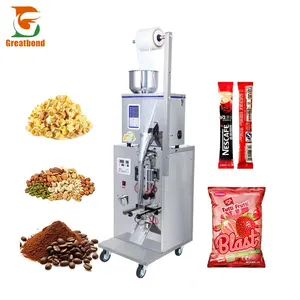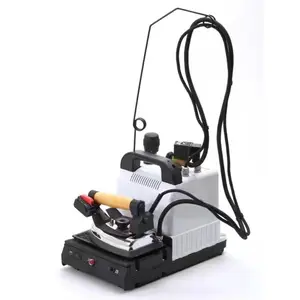Popular in your industry










































Related Searches:












































































































Top categories
About grain milling equipment
Introduction to Grain Milling Equipment
Grain milling equipment is essential machinery used in the agricultural industry for processing various grains into consumable products. This equipment plays a crucial role in grain processing facilities, allowing for efficient grinding, crushing, and flaking of grains such as wheat, corn, rice, and barley. The primary purpose of grain milling equipment is to transform raw grains into different forms, including flour, semolina, and meal, catering to diverse consumer needs.
Types of Grain Milling Equipment
There are several types of grain milling equipment available to cater to different processing requirements. One common type is the grain mill, which is versatile and can handle a wide range of grains efficiently. Another popular type is the rice miller machine, specifically designed for processing rice grains with precision. Additionally, the grain mill for kitchenaid is a compact and efficient option for small-scale grain milling operations. For larger industrial setups, the nutrimill grain mill offers high-capacity processing capabilities. Each type of equipment is designed to meet specific processing needs, ensuring optimal results.
Technical Specifications and Features
When considering grain milling equipment, several technical specifications and features are crucial for optimal performance. These may include the power capability, capacity in terms of grain processing per hour, milling speed, grinding fineness, and the types of grains the equipment can process. Additionally, features such as automatic operation, energy efficiency, ease of cleaning, and maintenance requirements are vital considerations for efficient and sustainable operation. Understanding the technical specifications and features of different grain milling equipment is essential for selecting the right machinery for specific processing needs.
Advantages of Using Grain Milling Equipment
The utilization of grain milling equipment offers numerous advantages to businesses in the agricultural industry. One significant advantage is the ability to customize the grain processing to meet specific quality and production requirements. By controlling factors such as grinding speed and fineness, businesses can achieve the desired texture and quality of the final product. Additionally, grain milling equipment enhances efficiency by streamlining the processing workflow and reducing manual labor, leading to increased productivity and cost savings. Moreover, modern equipment is designed for durability and longevity, ensuring long-term reliability and performance.
Use Scenarios and Applications
Grain milling equipment finds applications across various sectors, including commercial grain processing facilities, food manufacturing units, bakeries, and livestock feed production plants. In commercial settings, large-scale grain milling equipment is utilized to process bulk quantities of grains for distribution and sale. Food manufacturers rely on specialized milling equipment to produce flour, meal, and other grain-based products for consumer consumption. Bakeries use grain milling equipment to prepare dough and baking ingredients, ensuring consistency and quality in their products. Livestock feed plants utilize milling equipment to process grains into nutritious feed for animals, maintaining their health and well-being.
Choosing the Right Grain Milling Equipment
When selecting grain milling equipment for a business operation, several factors need to be considered to make an informed decision. Firstly, assessing the volume of grain processing and the types of grains to be processed is essential in determining the capacity and specifications required. Understanding the desired output quality and texture of the processed grains helps in choosing equipment with the appropriate settings and capabilities. Additionally, considering factors such as energy efficiency, maintenance requirements, and after-sales support from manufacturers is crucial for long-term operational efficiency. By evaluating these aspects comprehensively, businesses can select the right grain milling equipment that aligns with their production needs and objectives.
















































































































